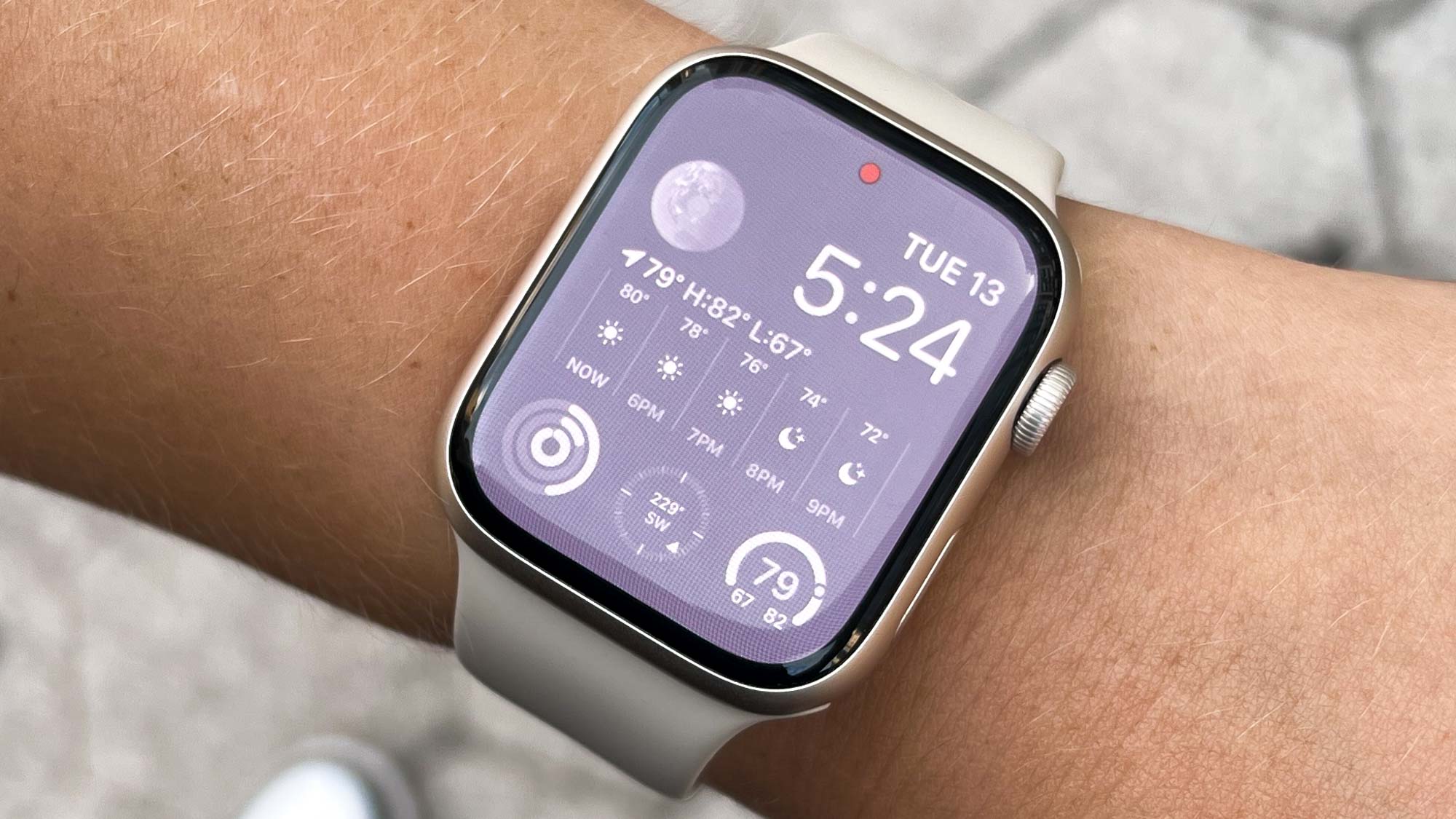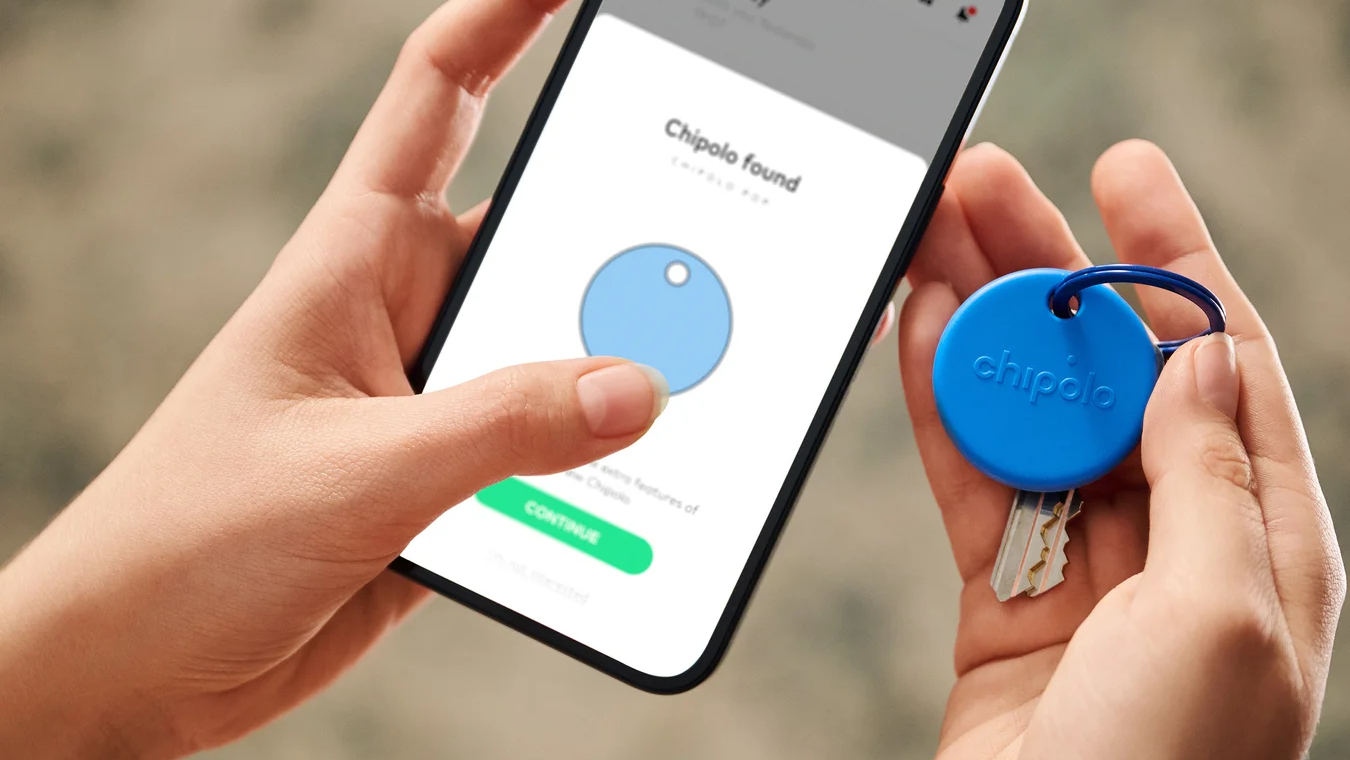The Apple Watch just saved a man's life — here's how
This is the power of Apple's smartwatch

Officially, in terms of emergency care, the Apple Watch keeps an eye out for early warnings of atrial fibrillation (AF), unusual heart rates and serious falls. You don’t have to look very far to find examples of buyers claiming the Apple Watch has saved their lives, usually diagnosing an unknown heart condition before symptoms became obvious.
But this week, the Apple Watch has shown it might have more medical functionality than even Apple is aware of. The Apple Watch has managed to save another life — and this time via a condition that the watch doesn’t officially detect.
Blood clots in the lungs
Back in October, Ken Counihan’s Apple Watch warned him that his breathing was elevated — increasing from 14 breaths per minute to around 18. Following an X-ray at outpatient care, he was given some bronchitis medication, but an unconnected blood oxygen alert made him return to ER.
With blood oxygen levels down to the mid-80s, Counihan was given more scans and, this time, doctors discovered blood clots in his lungs. This, as it sounds, is very serious and the doctors told him that around 60% of people at his stage don’t survive the night.
“I've got friends that have gone out and bought an Apple Watch as a result," he told News 5 Cleveland. "I just had dinner with a friend the other night and he's looking to get an Apple Watch now as well. It saved my life. It's amazing."
Predicting Sickle Cell pain episodes
Meanwhile, a study from Duke University, Northwestern University and others showed evidence that the Apple Watch can assist in the prediction of pain episodes for Sickle Cell disease sufferers.
Vaso-occlusive crises, or VOCs, often result in hospitalization of sickle cell patients. It’s where sickled red blood cells obstruct circulation, potentially causing organ damage, and it’s quite unpredictable as to when it’ll strike.
Sign up to get the BEST of Tom's Guide direct to your inbox.
Get instant access to breaking news, the hottest reviews, great deals and helpful tips.
But an Apple Watch 3 — five generations behind the current model — was enough to predict the onset of pain in sickle cell patients. Between July and September 2021, the researchers collected 15,683 data points from 20 sickle cell patients. This data was analyzed via machine learning algotithms, with the most successful model predicting pain with an accuracy of 84.5%.
“It is a novel and feasible approach and presents a low-cost method that could benefit clinicians and individuals with sickle cell disease in the treatment of VOCs,” the study concludes.
More Apple Watch health sensors to come
It’s remarkable what can be learned from the handful of sensors already present on Apple Watches, but this could just be the beginning. We know Apple has been trying to crack blood glucose measurements to help diabetics for years — which could be game-changing given the current cost of monitoring — but that’s potentially just the tip of the iceberg.
Back in 2021, it emerged that Apple was Rockley Photonics’s largest customer. The firm specializes in sensors that read multiple blood signals without the use of medical equipment, including lactate, alcohol, carbon monoxide, blood pressure, blood oxygen, core body temperature, glucose and more.
While it’s unlikely we’ll get a wearable capable of measuring all of the above (who knows what that would do to price and battery life?) it’s exciting to think about what could be done with extra sensors on a wearable. Given the two examples above, the intended medical purposes could be just the beginning.
More from Tom's Guide
Freelance contributor Alan has been writing about tech for over a decade, covering phones, drones and everything in between. Previously Deputy Editor of tech site Alphr, his words are found all over the web and in the occasional magazine too. When not weighing up the pros and cons of the latest smartwatch, you'll probably find him tackling his ever-growing games backlog. Or, more likely, playing Spelunky for the millionth time.

